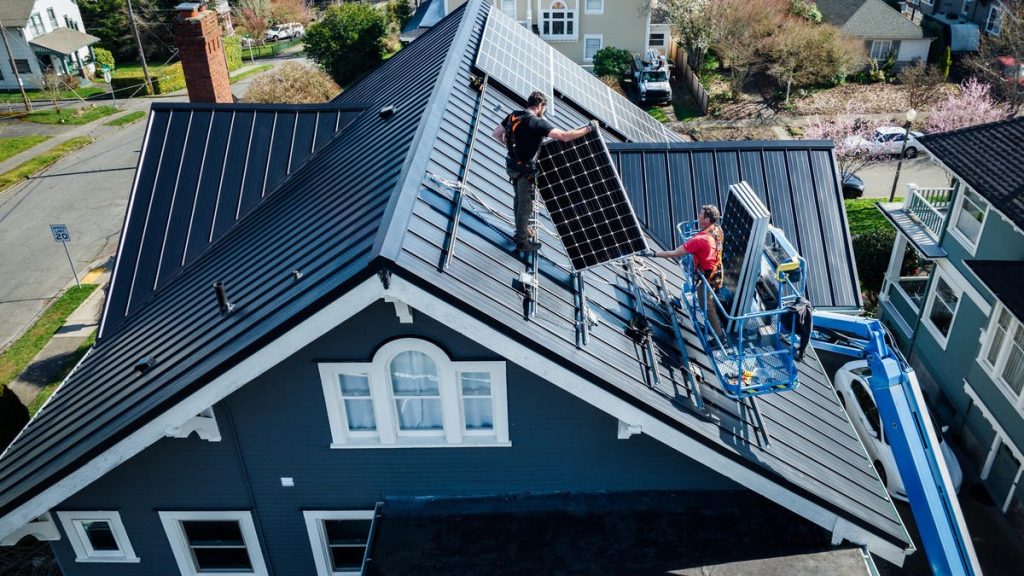According to the Energy Information Administration, energy generation in the US is projected to grow by 3% in 2024, with solar power being the main source of that expansion. Renewable energy sources are expected to make up 22% of the country’s total energy generation capacity by the end of 2024, increasing to 24% by the end of 2025. Solar energy is projected to be the most rapidly growing renewable energy source, with solar generation expected to increase by up to 41% in 2024. Wind energy generation is expected to grow by 5% and hydropower by 6% in the same year.
In 2023, federal incentives for solar installations included in the Inflation Reduction Act led to record-setting growth in the solar industry, with over half of the new energy generating capacity in the US coming from solar panels. However, challenges such as high interest rates and changes in state policies, like California’s revised net metering policy, have impacted the industry. Despite these challenges, experts remain cautiously optimistic about the future of solar energy, predicting that total solar deployment will quadruple over the next 10 years if federal clean energy policies continue.
To install rooftop solar for your home, you need to ensure that solar is available to you based on your living situation. Homeowners should check for any HOA rules or historical preservation laws that may prevent them from setting up solar panels and ensure that their roof is suitable for solar installation. Researching and reaching out to multiple solar installers is crucial to ensure fair pricing for your solar system. Taking advantage of federal- and state-level solar incentives, such as the Inflation Reduction Act’s residential clean energy credit, can help maximize the benefits of your investment.
Claiming the federal tax credit for solar installation is a straightforward process that involves submitting IRS Form 5695, Residential Energy Credits, the year after your installation is completed. This credit reduces the amount of taxes you owe. Additionally, the Inflation Reduction Act’s residential clean energy credit also applies to solar battery installation, while the energy efficient home improvement credit can apply to various home upgrades. Making your home energy efficient not only benefits the environment but can also save you money in the long run by reducing energy costs.


